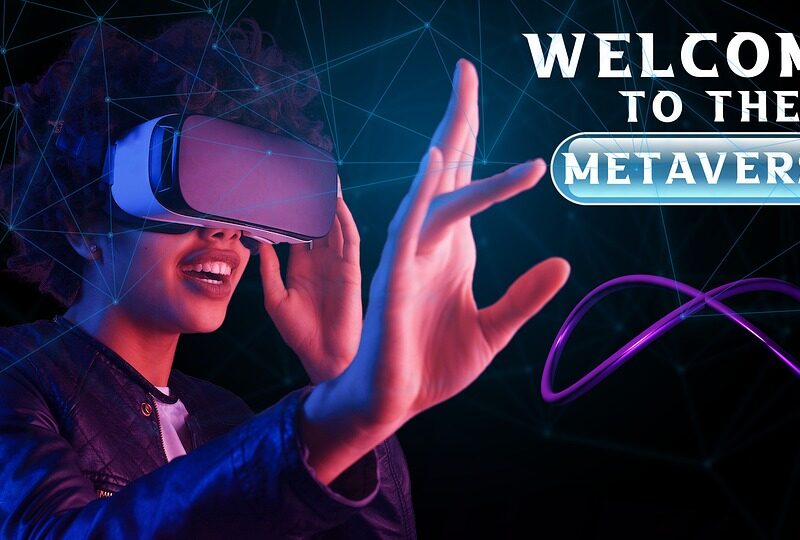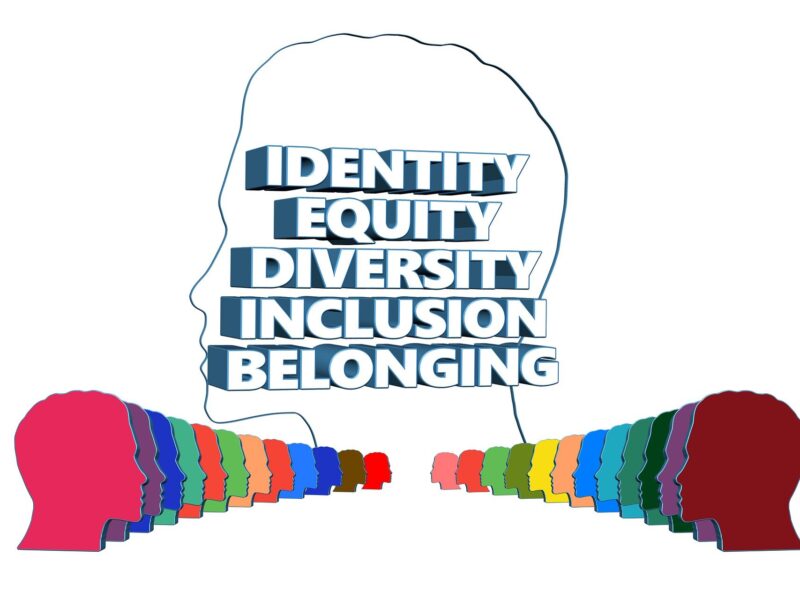Open education has always been an odd topic to me. While I can appreciate the idea behind freely sharing knowledge, I’m also concerned about quality control. Who reviews that information? Exactly who is the person who wrote it and where did they get that information? Plus, while it’s great to be altruistic, an educator still has to eat and pay the bills. If everything is open, then how does one make a living? But according to “Open Education, Open Questions” by Catherine Corin (chapter 17 in Open at the Margins), my initial definition of open education is very, very limited.
The term “open education” can mean a number of things, not just a free resource.
First, there is to be “open” with yourself as an instructor. This is the act of acknowledging your own beliefs and goals. Then there is “open admission” or making information available to all. Openness of thought is also another aspect.
Corin breaks the definition of “Open Education” into four levels:
- Macro – the decision of whether or not you wish to share information
- Meso – deciding the audience you wish to share the information with
- Micro – what digital identity will you use
- Nano – deciding on a personal level how to respond to an individual exchange of ideas
While most of Corin’s levels are easy to understand, some aspects are more challenging. For example, I would have liked to have a better explanation for the Micro level. At a glance, that level seems to indicate how someone presents themselves online. For example, do you identify yourself as an expert on the subject you are writing about. Again, that goes back to my initial concern about quality control. Who determines if someone is really an expert instead of merely presenting themselves as one. It’s an interesting question that I’ve yet to find a satisfactory answer for.
But even though my questions still remain, Corin did a good job of pointing out how “open education” is actually a wide concept that cannot be easily defined. What qualifies one thing as being open might be completely different than the definition of open used for another. Very interesting, complex, and challenging.



Hi Wendy, Thank you for your reflection on the definition of open education. Your observation about who can dedicate themselves to “open education” is one that has been discussed by many as an infuser of inequality in terms of the kind of open educational resources that are created. Many people around the world believe and support open education, not everyone has the means to volunteer their time, skills, and expertise. So, what happens? Only academics with a particular view or privilage tend to engage in this work. It is definitely far more complex than what we initially think it represents.